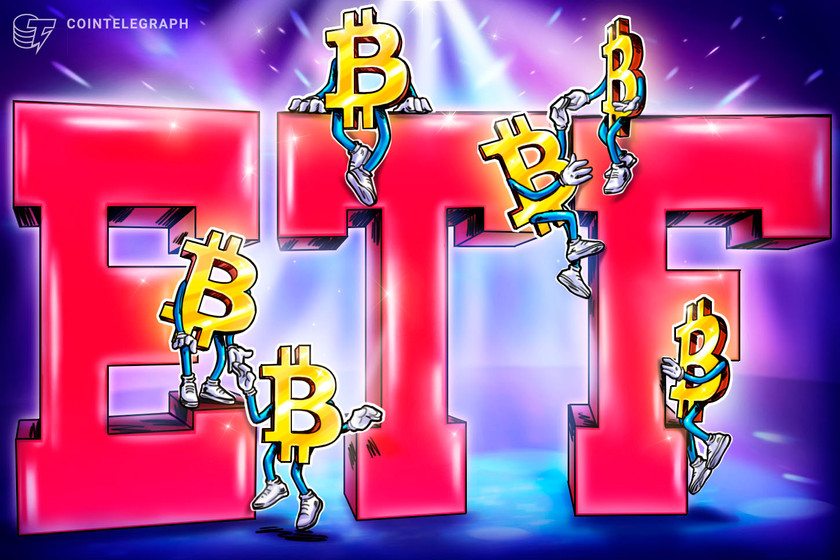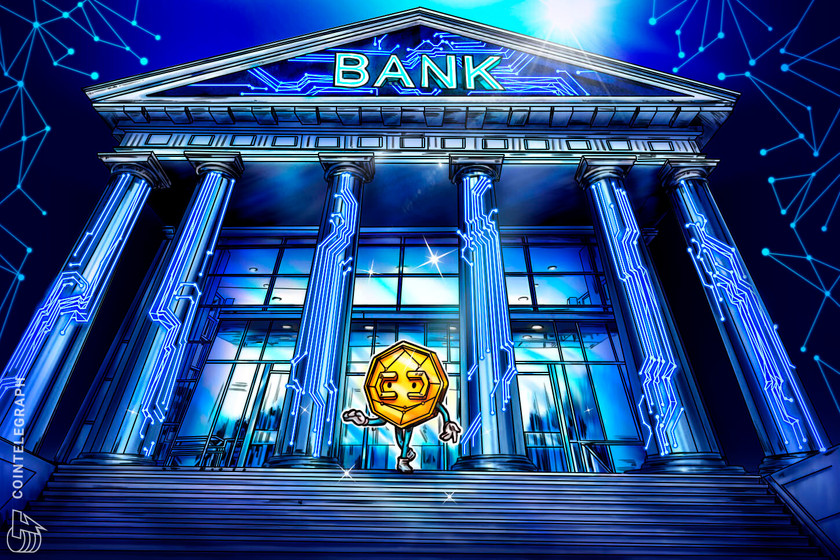Crypto.com’s Cronos launches $100M accelerator for DeFi and Web3


The Cronos Accelerator Program is backed by $100 million to help crypto projects seeking mentorship, funding and growth in the seed and pre-seed stages.
Cronos, a blockchain ecosystem built by major crypto exchange Crypto.com, announced the launch of an accelerator program to fast-track advancements across the decentralized finance (DeFi), Web3 and Metaverse space, among others.
Driving the initiative, the Cronos Accelerator Program is backed by $100 million to help crypto projects in the seed and pre-seed stages seeking mentorship, funding and growth. According to the announcement, projects shortlisted for the accelerator program will be matched with compatible mentors.
Some of the prominent investment partners backing the Cronos Accelerator Program include Mechanism Capital, Spartan Labs, IOSG Ventures, OK Blockchain Capital, AP Capital, Altcoin Buzz and Dorahacks. Cronos plans to onboard other partners in the future. Providing further clarity into the program, Cronos managing director Ken Timsit added:
“In the current climate, it is more important than ever to put our heads down and start building aggressively.”
Timsit aims to enhance the potential of projects by providing end-to-end support across the project’s operations. As part of this initiative, Cronos’ Web3 startup accelerator arm Cronos Labs conducts weekly workshops that cover various aspects of building crypto projects.
Aspiring projects get the opportunity to procure between $100,000–$300,000 seed investment in addition to having the option for additional grant funding. In addition to mentorship and other marketing initiatives, projects will be able to integrate into Crypto.com’s ecosystem including a DeFi wallet, crypto exchange and nonfungible token marketplace.
Related: Philippines to explore blockchain use cases, launches training program
The Department of Science and Technology (DOST) in the Philippines recently launched a training program for researchers to check the feasibility of blockchain technology within the healthcare, financial support and emergency aid industries.
Enrico Paringit, a DOST official, highlighted the department’s intent to “build non-cryptocurrency applications” and simultaneously produce blockchain development specialists for ramping up the government’s in-house initiatives.



















